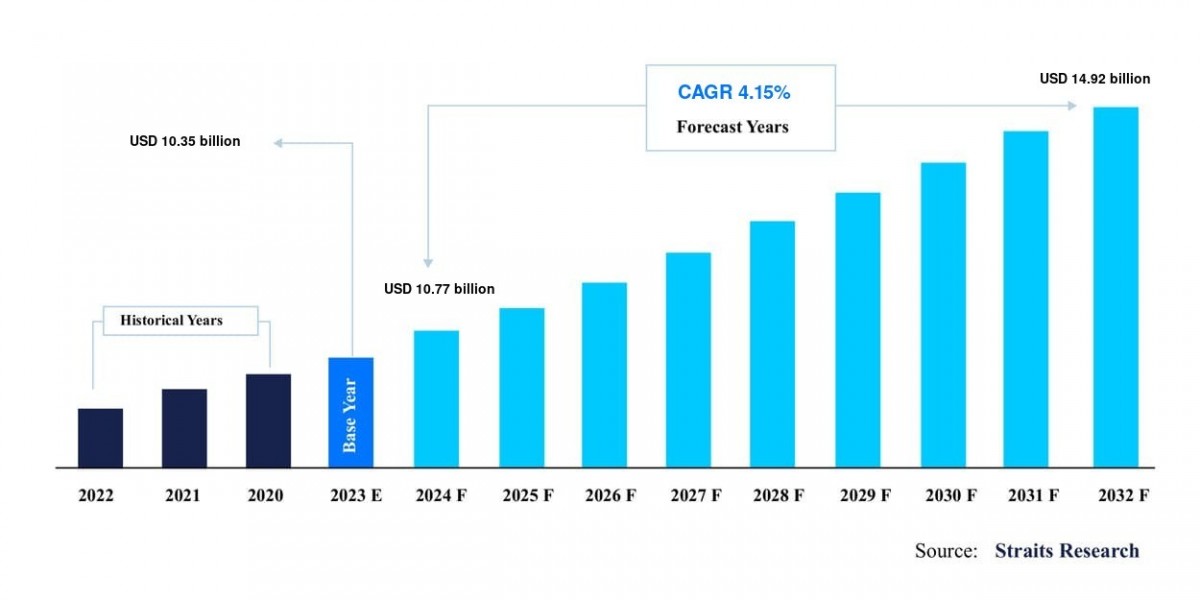Citizen science, the involvement of the public in scientific research, is no longer a fringe activity. It's rapidly transforming how research is conducted, opening doors to a wealth of data and perspectives that were previously inaccessible. From tracking bird migrations to monitoring air quality, citizen science projects are empowering everyday people to contribute meaningfully to scientific discovery.
This blog post delves into the exciting world of citizen science, exploring its potential, the benefits it offers to both researchers and participants, and the challenges it faces.
Traditional scientific research often faces limitations in terms of scope, cost, and manpower. Citizen science projects effectively address these limitations by:
Scaling Up Data Collection: With a large pool of participants, citizen science projects can gather vast amounts of data across vast geographical areas. This allows researchers to identify trends and patterns that might be missed in smaller-scale studies.
Democratizing Science: Citizen science makes scientific inquiry accessible to a wider audience. It fosters scientific literacy and engagement, breaking down the barrier between the public and the scientific community.
Unlocking Diverse Perspectives: Citizen scientists come from various backgrounds and locations, bringing unique observations and insights to the table. This diversity can be invaluable in identifying previously unconsidered aspects of a research question.
Citizen Science in Action: Real-World Examples
The applications of citizen science are as diverse as the problems it tackles. Here are a few inspiring examples:
Galaxy Zoo: Launched in 2007, Galaxy Zoo is an online project that enlists volunteers to classify galaxies based on their morphology. This massive undertaking, with over a million participants, has yielded valuable data on galaxy formation and evolution.
eBird: This global online platform allows birdwatchers to submit their sightings, contributing to a vast dataset on bird distribution and population trends. This data has helped scientists track the impact of climate change and habitat loss on bird populations.
Water Quality Monitoring: Citizen science projects engage volunteers in testing local waterways for pollutants. This data helps environmental agencies identify and address water quality issues.
Benefits for Participants:
Citizen science offers a plethora of benefits for participants as well:
Learning and Discovery: Participants gain firsthand experience with the scientific process, deepening their understanding of the natural world and the challenges it faces.
Empowerment and Action: Citizen science fosters a sense of agency by allowing people to contribute to solutions for environmental and social problems.
Community Building: Many citizen science projects involve online forums and local events, fostering a sense of community among participants with similar interests.
Challenges and Considerations
While the potential of citizen science is undeniable, there are challenges that need to be addressed:
Data Quality: Ensuring the accuracy and consistency of data collected by non-experts is crucial. Training participants and implementing robust data validation methods are essential.
Project Design: Citizen science projects must be well-designed with clear objectives, engaging tasks, and user-friendly platforms.
Sustainability: Long-term funding and volunteer engagement strategies are vital for the success of citizen science initiatives.
The Future of Citizen Science
With the rise of technology and the growing public interest in science, citizen science is poised for exponential growth. Advancements in mobile apps, data analysis tools, and online collaboration platforms will further empower citizen scientists.
As citizen science evolves, it's important to ensure inclusivity and accessibility to bridge the digital divide and engage diverse communities. Additionally, fostering stronger collaboration between researchers, citizen science platforms, and policymakers will be crucial to ensure that the valuable data collected translates into concrete action.
Conclusion
The citizen science revolution offers a compelling opportunity to democratize scientific research and harness the collective power of public participation. By engaging in citizen science projects, individuals can contribute to solving some of the world's most pressing challenges while gaining valuable knowledge and fostering a connection with the natural world.








